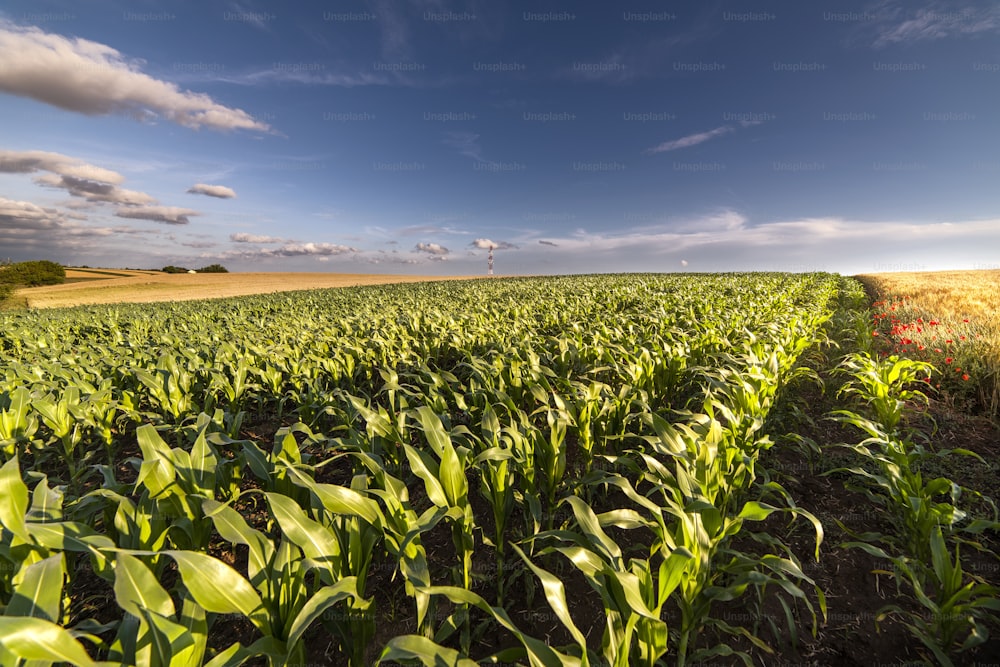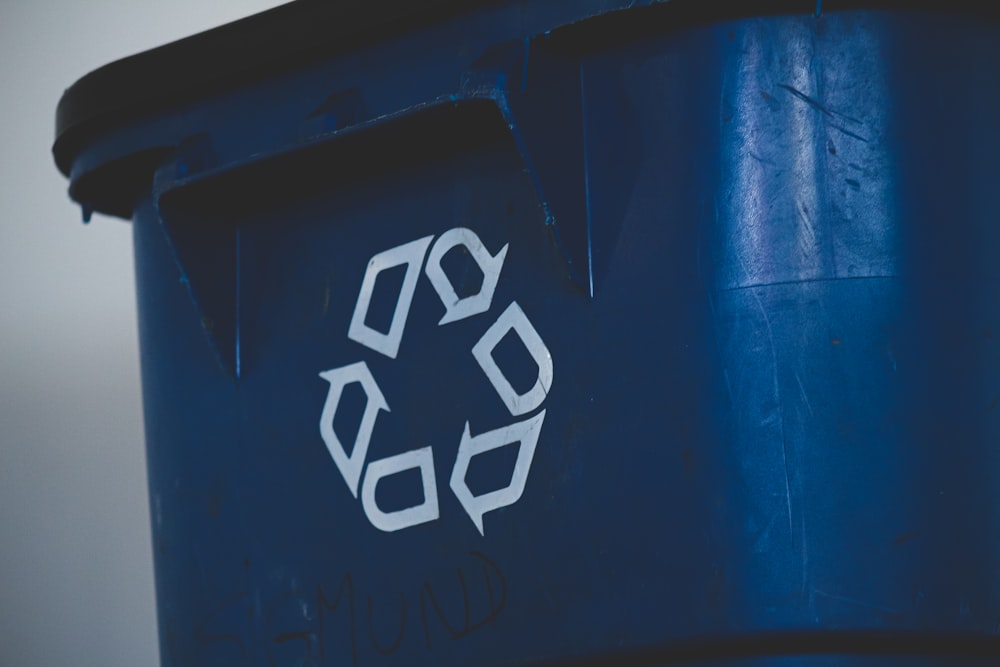If you were asked to define the word “sustainability,” what would you say?
The word is everywhere, in the news, politics, advertisements, and especially in this class blog. But even though it is always present in some aspect of our daily lives, it is actually quite difficult to describe when one thinks about it. The dictionary defines sustainability as the “avoidance of the depletion of natural resources in order to maintain an ecological balance.” While that may seem like an all-around, agreeable explanation, many people do not use this particular meaning when discussing sustainable topics.
And this is where things get tricky with how communication about sustainability functions. Every person has a different interpretation of the word based off of their position in life, ideologies, and experiences, whether they know it or not. This introduces a sort of psychology to the issue of Earth’s health, which I propose is one of the reasons to why there are still many disagreements and conflicts about what actions to take to address detrimental effects to the environment.
Way in the beginning of the semester, our class read an article from Communicating Nature: How We Create and Understand Environmental Messages by Julia B. Corbett, which introduces the theory of identification with the land one is from and how that influences one’s formation of environmental beliefs. In this, the author describes how childhood experiences with nature, sense of place, and historical/cultural context are big factors in shaping these beliefs.
Recently, we discussed how providing a narrative behind an argument can be an effective way to add support. Even though these lessons occurred separately over a long stretch of time, the topics of identification and narrative style can be linked when describing how one defines sustainability. I intend to provide examples of different types of people who are influenced by these things and how that can affect the ongoing discussion of sustainable advancements. I do not speak for everyone when I describe how people may think, but I am making generalizations based from my experiences.
Example 1: The Farmer
Someone who works with land for a living will probably imagine sustainability as a relationship between themselves and the earth. As the earth provides crops for the farmer, the farmer takes care of the earth by rotating those crops and allowing the land to rejuvenate itself before being planted on again. Without all the noise and business of a more industrial environment, a farmer will have more one-on-one time with the land they farm and will therefore have lots of time to understand it.

Source: unsplash.com
Example 2: Scientist
A professional studier of the environment will have more knowledge of the elemental workings of nature and will probably think of sustainability in a more analytical fashion of how our actions towards the earth will affect further generations. Scientists have lots of experience with conducting experiments and physical fieldwork with the land itself, which gives them the ability to predict what will happen to the earth depending on how we treat it.

Source: unsplash.com
Example 3: A Middle-Class Member
This last example reflects my upbringing, so I will explain how I specifically thought about sustainability before college. In elementary school, I (like many others) was taught the Three Rs of Reduce, Reuse, Recycle, and these principles became what I thought was the best way to take care of the earth. I didn’t really do any more than make sure I turned the water off while I was brushing my teeth and put my water bottles in the recycling after I was finished with them. Since I couldn’t physically see how I was impacting the land around me, I only saw sustainability as just another lesson they taught in school.

Source: unsplash.com
With all these identities, it can be seen how differences would arise if their ideologies converged. Who someone is plays an integral role in how they view topics, so when entering the conversation of sustainability, it would be beneficial to understand the backgrounds of other members of the discussion in order to decipher what they truly mean by “sustainable” and carry on from there.
Therefore, determining a definition that everyone agrees upon isn’t as important as listening to others’ perspectives and cooperating through differences on how to best help the earth.